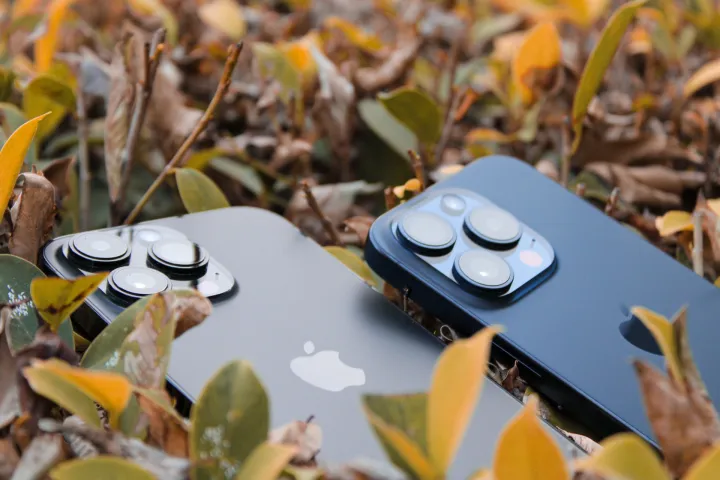Purchasing a high-end device like the iPhone 14 Pro in 2022 is usually associated with the expectation of enjoying the latest software updates and features for years to come. However, recent reports suggest that this might not be the case with the upcoming iOS 18 update, potentially leaving some users disappointed with their investment.
According to Bloomberg, iOS 18 will introduce significant AI-driven features, particularly enhancing Siri’s capabilities. However, these advancements may come at a cost, as many of the new AI features are expected to be exclusive to devices like the iPhone 15 Pro or later models. This means that users of devices such as the iPhone 14 Pro may miss out on some of the most innovative features introduced in the update.
The disparity between iPhone and iPad hardware requirements further complicates the situation. While the latest iPad Air, equipped with the M2 processor, starts at a relatively affordable $599, the entry point for the iPhone 15 Pro is a hefty $999 in the U.S. This pricing gap raises questions about the value proposition offered by Apple’s product lineup, especially considering that both devices are integral parts of the Apple ecosystem.
The potential hardware requirements for iOS 18’s AI features also raise concerns about future-proofing flagship devices. Consumers expect flagship smartphones to remain relevant and functional for several years, making it unsettling to anticipate major software updates imposing functional limitations on devices barely a year old.
The rumored use of the A17 Pro processor and its advanced neural processing unit (NPU) in upcoming iPhone models suggests a significant leap in AI processing capabilities. However, without official confirmation from Apple, it remains unclear how these hardware advancements will translate into tangible user benefits and software compatibility.
While Bloomberg’s reporting has been reliable in the past, it’s essential to acknowledge the possibility of plans changing before the official release of iOS 18. Other tech giants like Samsung and Google have adjusted their software rollout strategies based on market feedback, highlighting the fluid nature of such developments in the tech industry.
The reported AI features expected in iOS 18, including enhanced Siri functionality and on-device processing capabilities, promise to deliver a more seamless and intuitive user experience. However, the prospect of these features being restricted to newer iPhone models underscores the importance of transparency and clarity in Apple’s software update policies.
In summary, while the potential AI advancements in iOS 18 are exciting, concerns about hardware requirements and device compatibility raise valid questions about the future of Apple’s flagship smartphones. As consumers await official announcements from Apple, it remains to be seen how the company will address these concerns and ensure a fair and inclusive software experience for all users.
The potential hardware requirements for iOS 18’s AI features also raise concerns about future-proofing flagship devices. Consumers expect flagship smartphones to remain relevant and functional for several years, making it unsettling to anticipate major software updates imposing functional limitations on devices barely a year old.
The rumored use of the A17 Pro processor and its advanced neural processing unit (NPU) in upcoming iPhone models suggests a significant leap in AI processing capabilities. However, without official confirmation from Apple, it remains unclear how these hardware advancements will translate into tangible user benefits and software compatibility.
If you like the article please follow on THE UBJ.
